What can residents do?
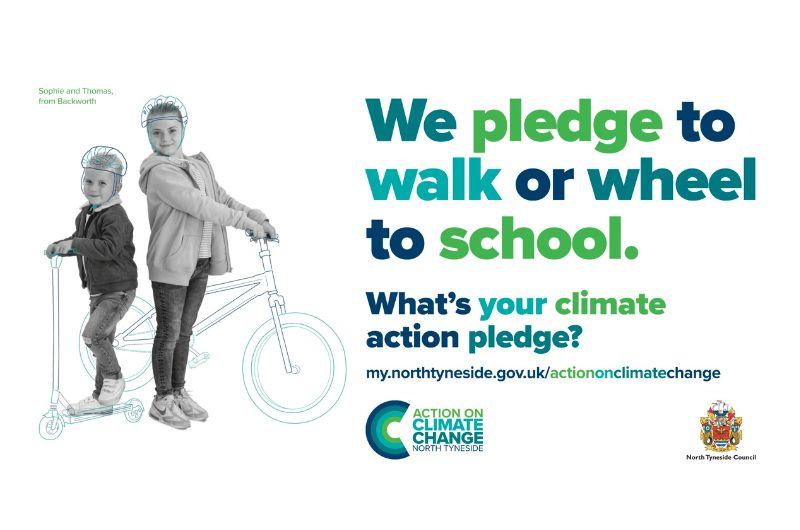
Only two percent of the Borough’s emissions come from the Council, so while we will lead by example, we absolutely need the help of residents and businesses in the area. We can all take small steps – like recycling, making one less car journey, turning heating down – to help.
There's some tips below, and you can also visit Government-approved Simple Energy Advice for help on energy efficiency.
You can also complete the WWF's online questionnaire to find out how big (or little) your environmental footprint is.
Walk, cycle or wheel whenever you can
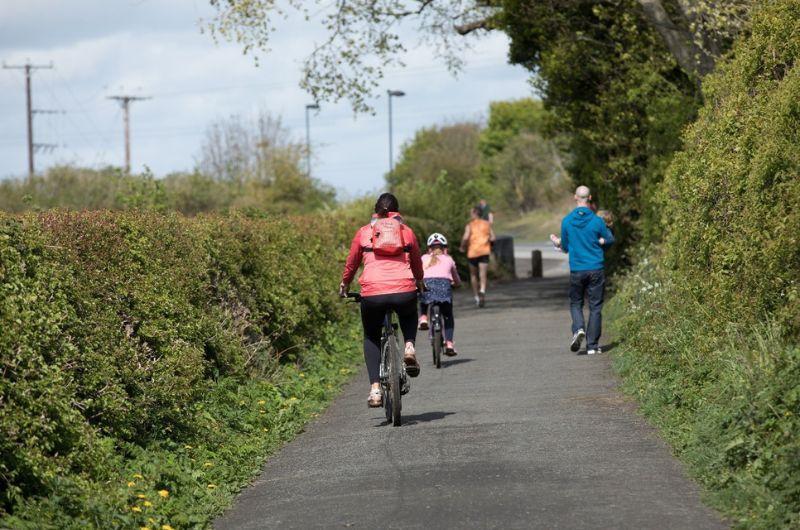
Walkers, cyclists and wheelchair users are the superheroes of green transportation.
If you regularly drive, could you swap one of these journeys by walking, cycling or using public transport?
Find out more about sustainable transport projects and initiatives in the borough, including sustainable travel to work and school, here: sustainable transport projects and EV vehicle charging points in North Tyneside. There’s also more general cycling information and walking routes and groups.
Reduce your energy usage
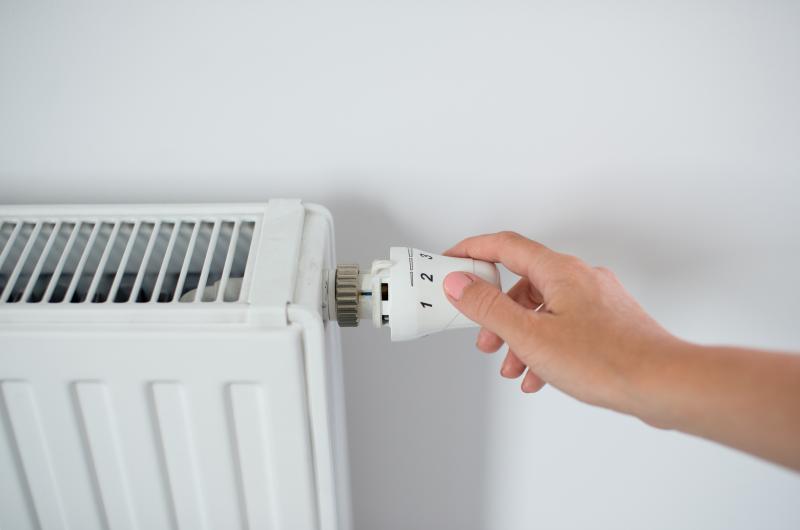
Here in North Tyneside, action is already being taken to reduce our energy usage. A project is underway to replace our streetlights with LEDs. Many of the borough’s homes have benefited from heating and insulation projects and we’ve also invested in council buildings to reduce their energy consumption too.
We can all take small actions to help lower the energy use of your home, as well as helping to save money such as:
- Use a shorter wash cycle in the washing machine
- Only wash full loads in your washing machine
- Hang laundry outside rather than tumble-drying
- Take short showers instead of baths
- Turn your thermostat down to 18 degrees*
- Turn lights off when you leave a room
*For health and other reasons, some households will not be able to turn the thermostat as low as 18. Do not risk your health or wellbeing through being cold.
Get more ideas to improve energy efficiency in your home here: improving home energy efficiency.
You can find information below on solar panels and air source heat pumps in the 'related documents' section below. The Government also announced a new £450 million Boiler Upgrade Scheme for grant applications and payments. Homeowners across England and Wales can now benefit from £5,000 grants to fit clean heating systems when they come to replace their oil and gas boilers. This includes clean heating systems installed from 1 April 2022.
Related documents
Follow the principles of zero waste
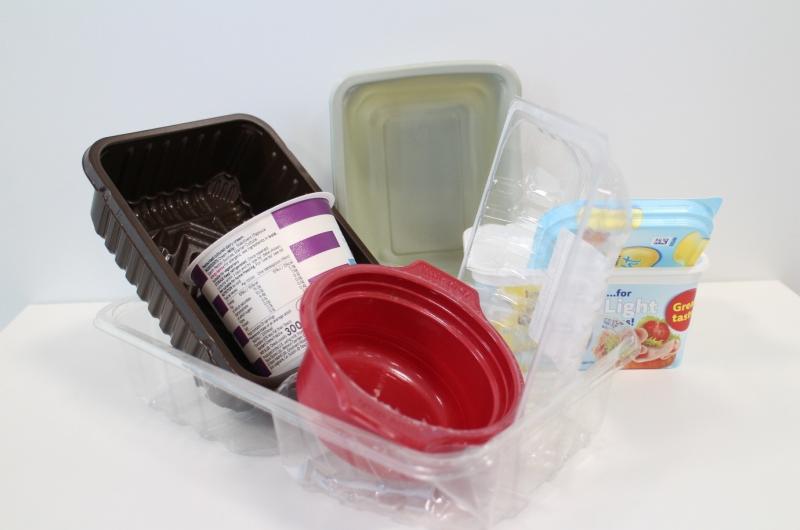
- Refuse - say no to disposable cutlery, straws, cups and other single use items
- Reduce - donate your unwanted belongings to charity shops and other non-profit organisations
- Reuse - use a reusable coffee cup, water bottle and cutlery. Save things like gift bags, glass jars and takeaway Tupperware and use them again instead of buying new
- Repurpose - use worn out clothes as cloths
- Repair – try to fix holes in clothes or find local repair shops to get help fixing a broken appliance
- Recycle - it’s one of the easiest ways we can all make a difference
- Recycling uses less energy and produces less pollution than making things from scratch.
- Rot – composting is also a good way to reduce your carbon footprint. Disposing of waste food in a compost bin in your garden can nourish the soil and help grow healthy plants, reducing the need for commercial fertilisers. Composting can keep up to 30 per cent of waste out of the rubbish bin. This saves energy as your waste isn’t being transported and processed elsewhere.
Give it a grow, whatever your space
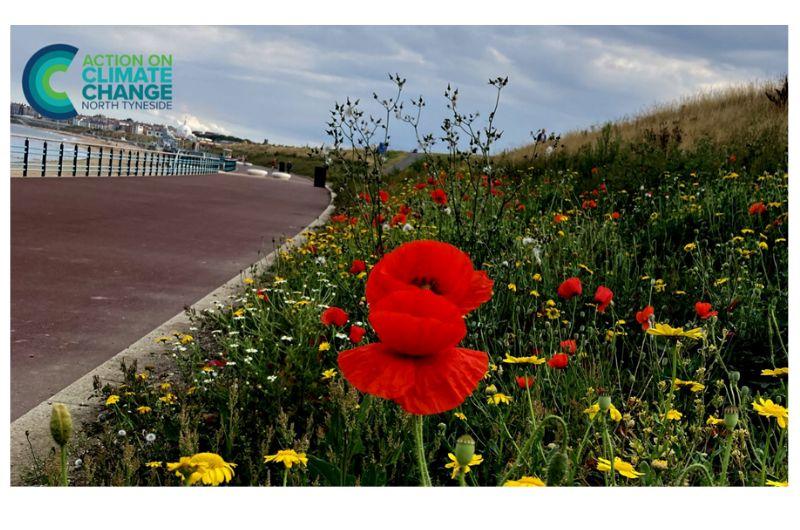
Insects are declining and some species becoming endangered, and without pollinators like bees and butterflies, crops would be harder to grow and more expensive to buy. The council is helping by planting more trees and plants and creating more biodiversity and wildflower areas. You can help too by:
- Planting flowers and trees and avoid cutting them and hedges down if you have a garden
- If you don’t have a garden, make use of windowsills for wildflowers. Find out more about making a smaller space wildlife friendly here: RSPB advice for planting in small areas
- Try to stick to natural grass, rather than artificial
- Grow your own food in your garden, yard, patio or windowsill
- Add a birdbox, birdfeeder or a bug hotel
- Take part in our community tree planting events
- Compositing if you can - we have information and offers elsewhere on our website about this: Home composting and offers on composting bins.
Can you suggest an action?
Let us know if we’re missing something – however big or small - to help make a difference.
